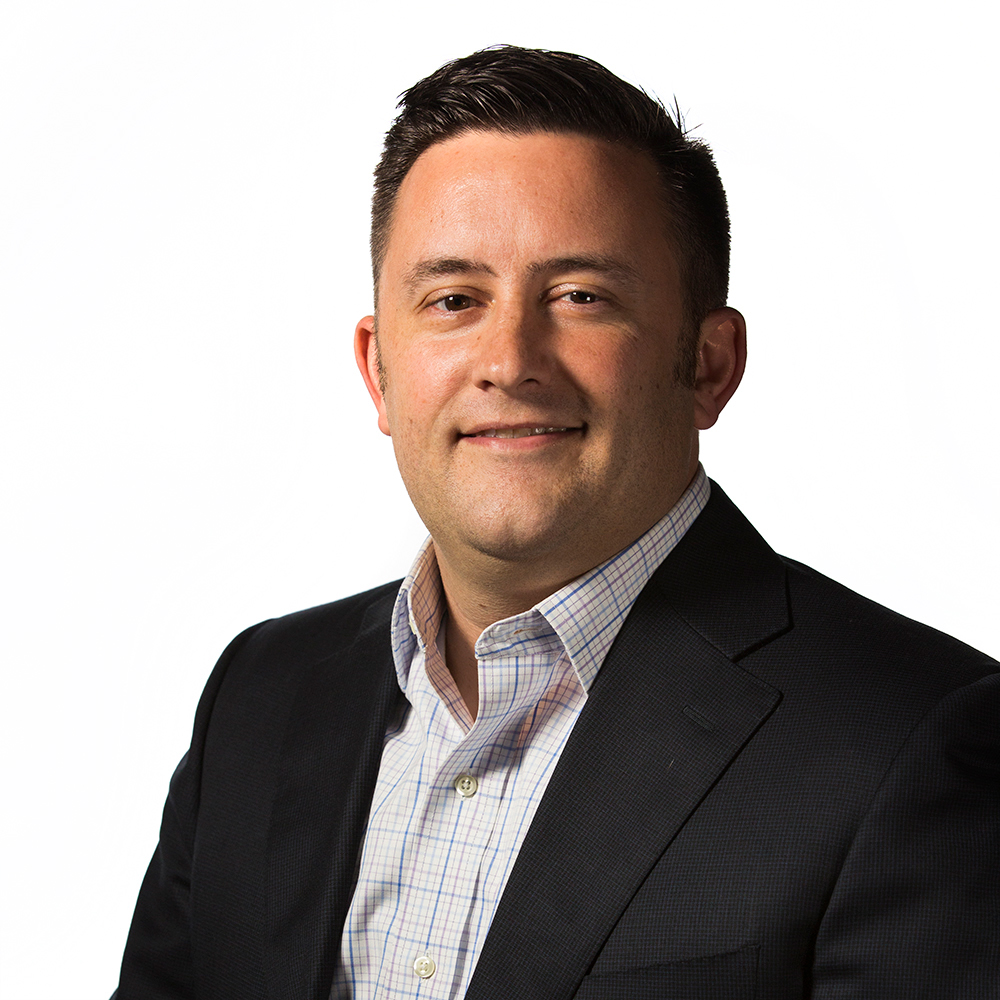Deans group will inform center’s overall strategic focus while associate deans group will focus on impacting student success, equity and learning innovation
Sean Corp, Content Strategist
Two strategic advisory councils made up of University of Michigan deans and associate deans will inform the strategic direction of the Center for Academic Innovation, providing input on how to best engage and support both new innovators and strategic initiatives across the campus community, the center announced.
Each council features members of academic leadership from schools and colleges on the Ann Arbor campus, each serving two years.

“We are in a moment of great opportunity at the center, the university, and for higher education,” said James DeVaney, associate vice provost of academic innovation and the center’s founding executive director. “Now it is more important than ever to combine today-forward with future-back thinking as we work toward a future in which education connects and empowers learners everywhere to reach their full potential throughout their lives.”
As the campus answers President Santa Ono’s call for Vision 2034, a 10-year strategic visioning process for all U-M campuses and Michigan Medicine now underway, it is important the center turns to leaders across campus for these conversations, DeVaney said.
These councils will play an essential role in informing strategy, maximizing reach and impact, supporting campus innovators, and delivering effective services to support a culture of innovation across campus, noted DeVaney.
“We are proud of what we’ve accomplished and the reputation we’ve established among faculty, staff, and students at U-M and across the higher education ecosystem,” said DeVaney. “But in order to sustain a culture of innovation in the long run, we need to build upon pilots, experiments, and projects to invest strategically in the development of programs, capabilities, and infrastructure. We are excited to work closely with the members of these advisory councils to position U-M to solve for the most important educational opportunities and challenges for decades to come,” DeVaney said.
The Dean Advisory Council will help inform the overall strategic focus of CAI and identify opportunities for mission-aligned growth and deeper connections to institutional and academic unit priorities. The Associate Dean Advisory Council will help CAI maximize impact through work focusing on student success and equity and learning innovation. Together, these councils will help CAI strengthen its ability to collaborate across campus and around the world to create equitable, lifelong educational opportunities for learners everywhere.
Each advisory council will meet for the first time in the fall semester.

Innovation Advisory Council Members
Dean Advisory Council
- Beth Angell, Dean and Phillip Fellin Collegiate Professor of Social Work, School of Social Work
- F. DuBois Bowman, Dean and Roderick J. Little Collegiate Professor of Biostatistics, School of Public Health
- Steve Ceccio, Interim Dean and Vincent T and Gloria M Gorguze Professor of Engineering, Professor of Mechanical Engineering, Professor of Naval Architecture and Marine Engineering, College of Engineering
- David Gier, Dean and Paul C. Boylan Collegiate Professor of Music, School of Music Theatre & Dance
- Sharon Matusik, Edward J. Frey Dean of Business and Stephen M. Ross Professor of Business
- Celeste M. Watkins-Hayes, Joan and Sanford Weill Dean of Public Policy, Director, Center for Racial Justice, Jean E. Fairfax Collegiate Professor of Public Policy, University Diversity and Social Transformation Professor, Professor of Sociology, Gerald R. Ford School of Public Policy
- Debra F. Weinstein, Executive Vice Dean for Academic Affairs, Medical School Chief Academic Officer, Professor of Learning Health Sciences and Internal Medicine, Michigan Medicine

Associate Dean Advisory Council
- Pete Bodary, Associate Dean for Undergraduate Education, Clinical Associate Professor, Applied Exercise Science and Movement Science, Director of Innovative Teaching and Learning, School of Kinesiology
- Sharon Kardia, Associate Dean for Education, Millicent W. Higgins Collegiate Professor of Epidemiology, School of Public Health
- Tim McKay, Associate Dean for Undergraduate Education, Arthur F. Thurnau Professor of Physics, Astronomy, Education, College of Literature Science, and the Arts
- Kevin Pipe, Associate Dean of Undergraduate Education, Professor of Mechanical Engineering, Professor of Applied Physics Program, Professor of Electrical Engineering and Computer Science Department, College of Engineering
- Paul Resnick, Associate Dean for Research and Innovation, Director for the Center
- for Social Media Responsibility, Michael D. Cohen Collegiate Professor of Information, School of Information
- Katie Richards-Schuster, Associate Dean for Undergraduate Programs and Strategic Initiatives, Associate Professor of Social Work, School of Social Work
- Cathy Shakespeare, Thomas C. Jones Associate Dean for Undergraduate Programs, Professor of Accounting, Michael and Jean Sakkinen Faculty Fellow, Stephen M. Ross School of Business


